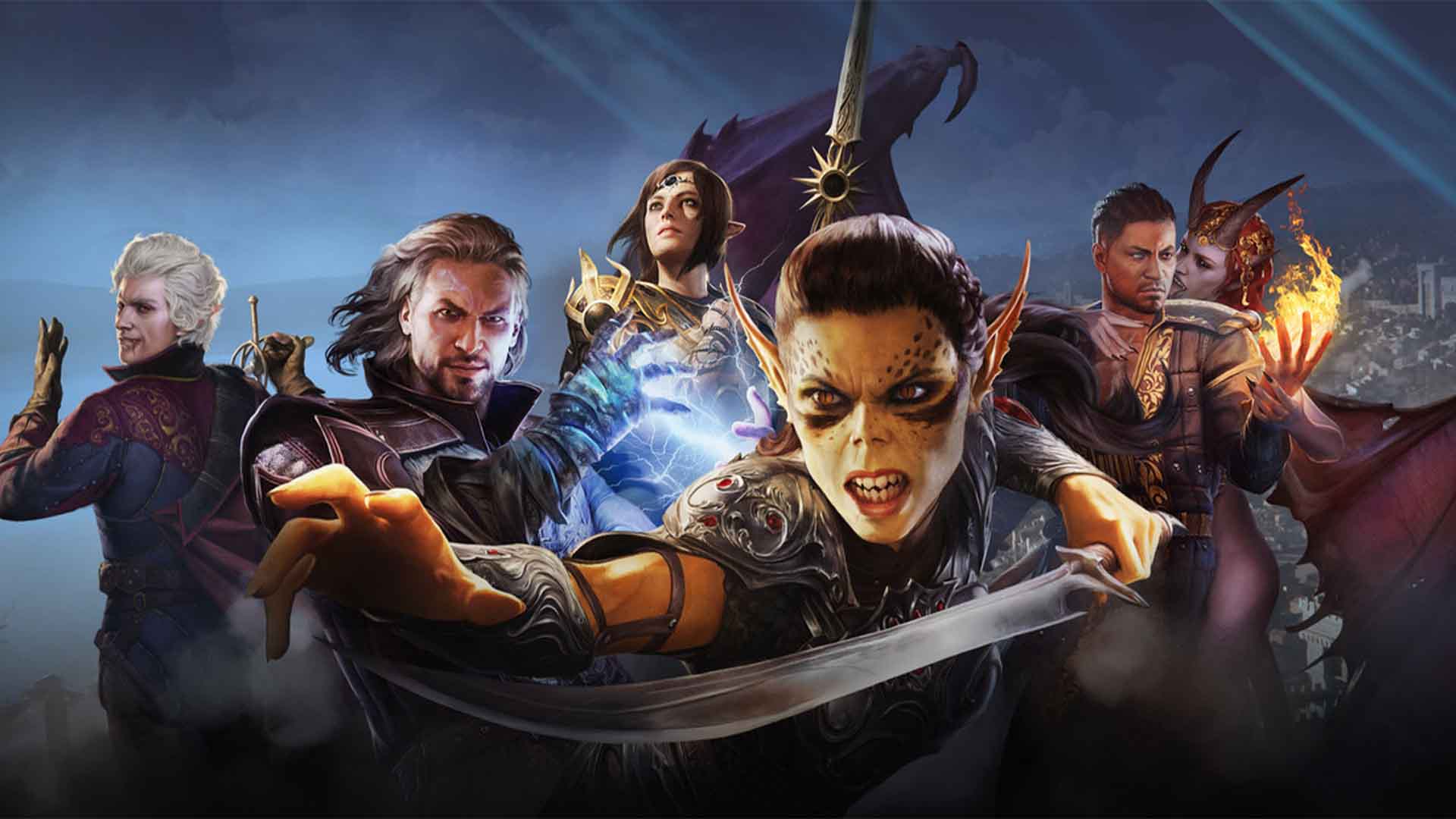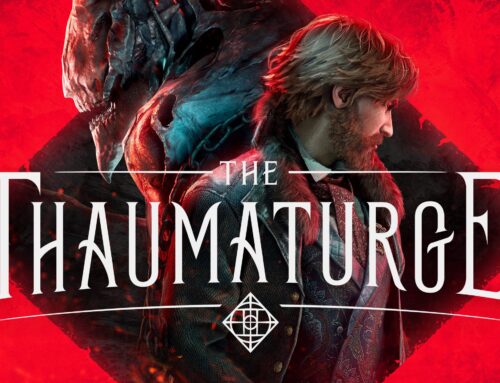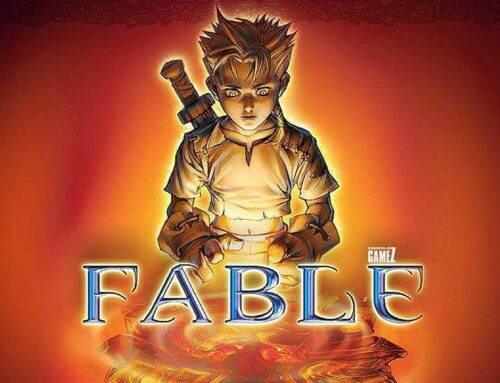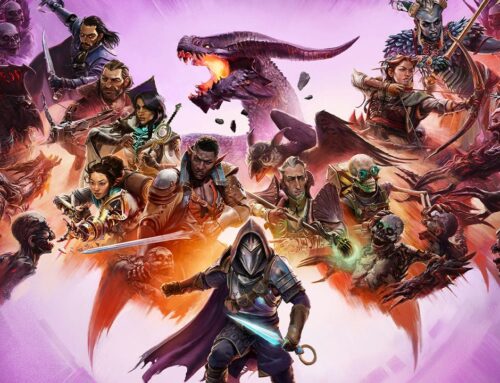Is video game length getting out of hand? Or rather, are games longer now than they used to be before – like in the early 2010s, for instance?
My gut says yes.
If you compare more recent entries within modern franchises versus their older counterparts, the trend becomes obvious. According to HowLongtoBeat.com, it takes 30 hours to beat the main story in Ubisoft’s Assassin’s Creed: Origins, while the main story of its predecessor, Assassin’s Creed: Syndicate, takes only about 18 hours. In turn, Assassin’s Creed: Odyssey is longer than Origins, with the main story taking around 45 hours. Then you have Assassin’s Creed: Valhalla, which is even longer than Odyssey, with a main story that takes about 61 hours. We’ll exclude the latest game, Assassin’s Creed: Mirage, from this because it’s not a full-fledged entry in the franchise – though it is a great deal shorter than Valhalla, Odyssey or Origins.
I can go on. Uncharted 4 is longer than Uncharted 3, with a main story that takes 15 hours to complete – as opposed to 9. The Last of Us Part II’s main story takes around 24 hours, whereas the original’s takes about 15. Batman: Arkham Knight has a main story that takes 17 hours, which is 5 hours longer than the 12-hour campaigns of Batman: Arkham City and Origins. God of War (2018) is longer than God of War 3, with a campaign that takes 20 hours as opposed to 10, and God of War: Ragnarök is longer than God of War (2018), with its main campaign clocking in at 26 hours.

Yes, even The Last of Us Part II is kind of too long.
These are all AAA releases, mind you. Are the AA games shorter, you might ask? And what about the indies? We’d need a statistician to confirm all the numbers for us – not that they would matter all that much anyway.
Because let’s admit it, video game length isn’t the real problem here. It’s the discourse around video game length that’s the issue. So, let’s straighten things out.
What do we even mean when we say a game is “too long”?
Let’s look at three different examples. The Last of Us (the original) took me 14 hours to beat. Assassin’s Creed: Valhalla took 71. Baldur’s Gate 3, Larian Studios’ masterpiece, took a whopping 116 hours.
If I asked you which of these is too long, you probably wouldn’t pick The Last of Us, would you? In terms of raw numbers, Baldur’s Gate 3 takes the cake here, easily. But I’d argue that it’s Assassin’s Creed: Valhalla that genuinely feels too long, despite being around 45 hours shorter than Baldur’s Gate 3 (at least when I played it).
So, what’s going on here? Clearly, it’s not the number of hours that makes a game “too long.” It’s the content. A 10-hour game can be too long as well, after all. Heck, even a 5-hour game can be too long. I’d argue, of course, that it’s a lot easier for a 100-hour game to feel too long rather than a 5-hour one, but that doesn’t change that even a short game can have this problem.
For instance, several critics, such as Skill Up, have described Assassin’s Creed: Mirage as too long, despite the game taking around 15 hours to beat – roughly 55 hours less than its predecessor, Valhalla.
Let’s look at Valhalla. It’s a game that’s brimming with content. The issue is that there isn’t enough unique content to justify the amount of time it takes to complete it (the same applies to Mirage). Most of your time is spent riding around the map and infiltrating enemy bases (including camps, forts, etc.). You can opt for either stealth or combat during those infiltrations – though it’s easy for stealth to quickly devolve into combat. To spice things up, the game also has raids, during which you get to pillage and burn English villages with your Viking buddies. From time to time, you get to storm castles too. There are some fun side quests, most of which are too short and simple to matter in the grand scheme of things. Occasionally, you’ll investigate a “crime” by gathering various clues, though this is hardly engaging since the game highlights all the clues for you. Finally, you can hunt for loot, housed within enemy bases and puzzle-filled dungeons, but this activity is not really tied to the main quest (making it just another timewaster).

Storming castles is fun, but only for so long.
The main goal in Valhalla – and indeed its story – is for Eivor, your Viking protagonist, to pacify England. You accomplish this by pledging yourself to one region at a time, where you complete a certain number of quests before laying siege on a castle to seal the deal. Each region is, as a result, its own episodic story, with minor connections to the overarching narrative.
Not all of these arcs follow the same formula, fortunately. In one of them, you get to travel to Vinland, where you are stripped of all your equipment and forced to sneak around to recover it. A nice change of pace, if you ask me. The final quest (not arc) sees you traveling to an ancient (Isu) tomb, where you do some basic platforming before confronting the game’s primary antagonist.
Aside from these, every other arc is a variation of the do-some-quests-then-storm-a-castle story. These arcs are fun, to be fair, but only for about 30 hours. After that, the game starts to drag, feeling more and more repetitive. There just isn’t enough variety to justify all these arcs.
I’ll admit that there is a certain level of comfort to this repetitiveness, but for me and many others (I don’t know how many!), the comfort can be a little too much – as it crosses over into boredom. If you look at the achievements, the completion rates for Valhalla are on the lower end. The Achievements screen on my PlayStation 5 shows the completion rate for the final arc – the Hamtunscire Arc – as 15.9%. My Steam achievements screen for Baldur’s Gate 3, by comparison, shows that 22.7% of players finished that game. Quite a difference. And remember, Baldur’s Gate 3 is longer (even if you go by the HowLongtoBeat.com stats, which show that it took players 69 hours to complete the main story).
Baldur’s Gate 3 is a game that puts the player firmly in the driver’s seat. For one, you don’t have to do many, if not most, of the supposedly “main” quests. Furthermore, there are ways to make certain quests shorter. For instance, a character may die during a quest, cutting it short. Character death could also preclude you from acquiring additional quests due to them being dead and all. Finally, Baldur’s Gate 3 does not have a formula that’s as nakedly visible as in Valhalla. Sometimes you’ll solve a puzzle. Other times you’ll fight a battle. You’ll come across each scenario randomly. In addition, combat encounters almost never repeat themselves, often involving either a new combination of enemies, set of conditions or both (e.g. one combat scenario requires your party to rescue a bunch of prisoners before a timer runs out, while they are being attacked from all sides).
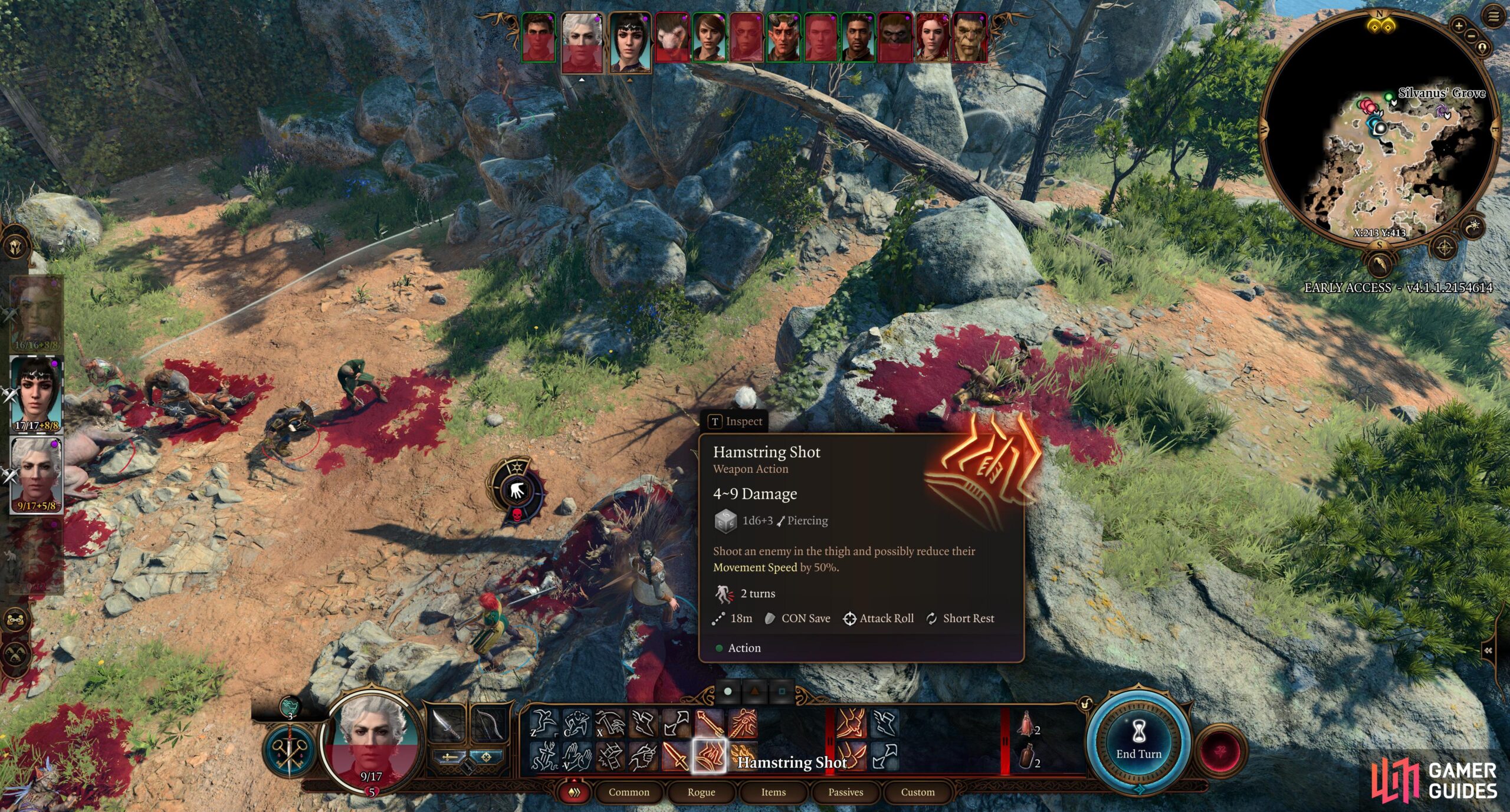
Baldur’s Gate 3 in action.
In Valhalla, you either pacify all of England or you don’t progress. The game has some leniency, of course, in that it lets you pick which regions to take on first (between 2 to 3 of them at a time). However, you still need to complete all 21 of them (well, technically 17 out of 21) before getting to the final story quest. With most quests requiring you to infiltrate an area to retrieve something or free someone, and most arcs culminating with a siege, it gets old fast. Region-based narratives become repetitive too, because there are only so many stories that can fit this strict framework. Most combat scenarios are very same-y too, and so are the enemies you get to face. All of this contributes to the feeling that there isn’t enough variation to justify the game’s length.
From development perspective, this makes sense. Early Assassin’s Creed games took about 10 to 20 hours to complete each. Valhalla takes more than triple that amount of time. Making this game last so long must’ve been a monumental challenge for the team. Corners had to have been cut to ship it on time.
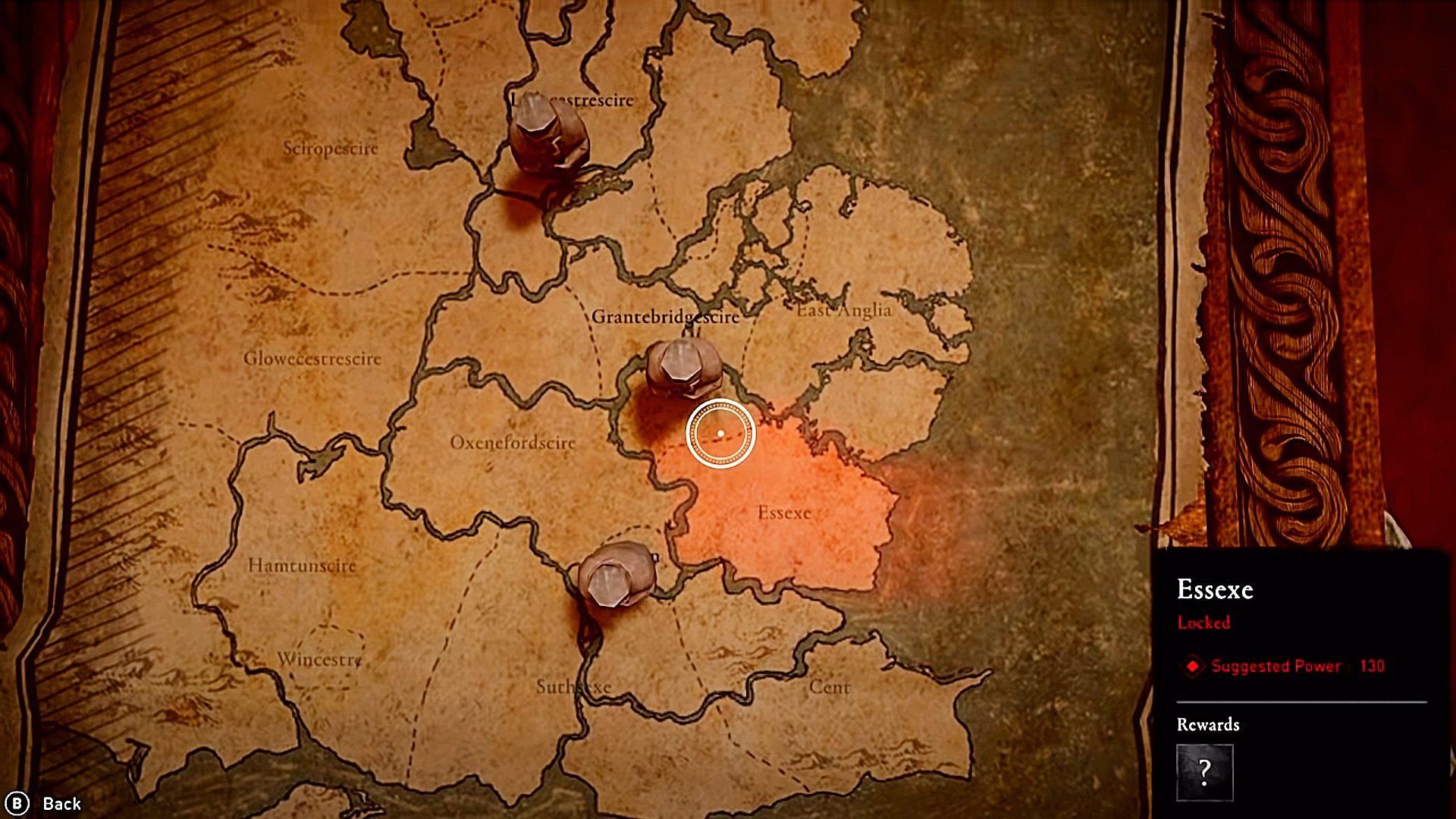
Selecting your next narrative arc in Assassin’s Creed: Valhalla.
The team sacrificed variety for the sake of length. Baldur’s Gate 3, on the other hand, prioritizes variety over length. Had Larian Studios chosen to duplicate some of the game’s content the way Ubisoft had done, Baldur’s Gate 3 could’ve easily been even longer – clocking in at 200 to 300 hours, probably. Instead, we got a meaty experience that also happens to be very long (in a good way).
Now, I’m not saying that Ubisoft (or any developer) should follow Larian’s lead here (that would be pretty tough). What I am saying is that developers should prioritize variety over length. This used to be much more common in the early days of gaming. If you look at the old Grand Theft Auto titles, like Vice City or San Andreas, you’ll find a lot of variety. One mission could see you loading crates onto a truck with a forklift before storming away on the said truck, while another could see you chasing a train atop a motorcycle like some madman. Earlier Assassin’s Creed games also had a lot of variety, involving races, dedicated platforming bits, sneaking sections, chariot chases and so on (the games were shorter too).
Valhalla isn’t the only game to have sacrificed variety in the name of length – though it is one of the worst offenders. The Last of Us Part II and God of War Ragnarök have done the same, I’d argue, bloating their narratives to unnecessary lengths. This has made them more repetitive, and ultimately, less enjoyable.
Fortunately, from what I understand, the next Assassin’s Creed game, Shadows, will not be longer than Valhalla, and will have more variety, which sounds great. We’ll see what the other AAA developers bring to the table in the future. Hopefully, the trend of ever-increasing game lengths is at an end.
